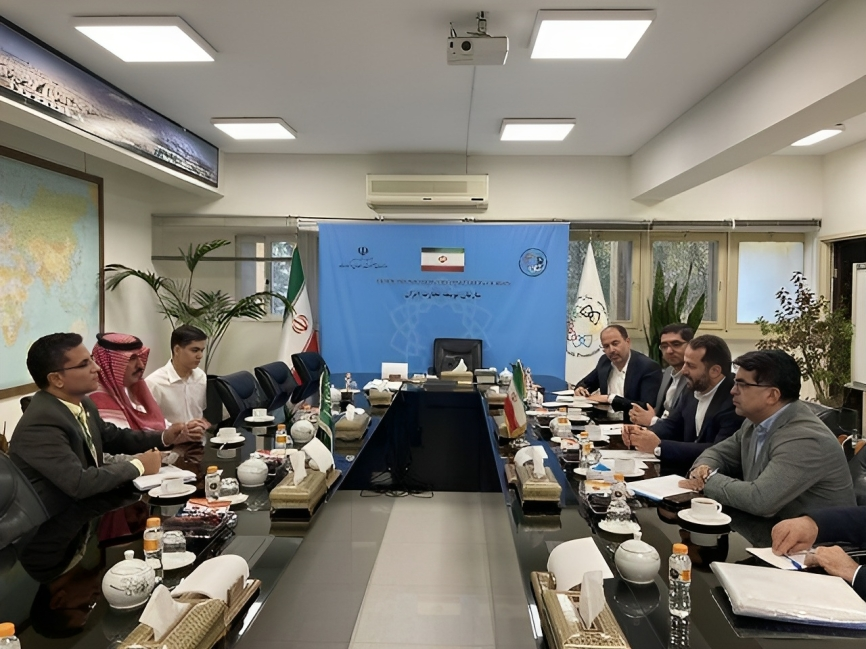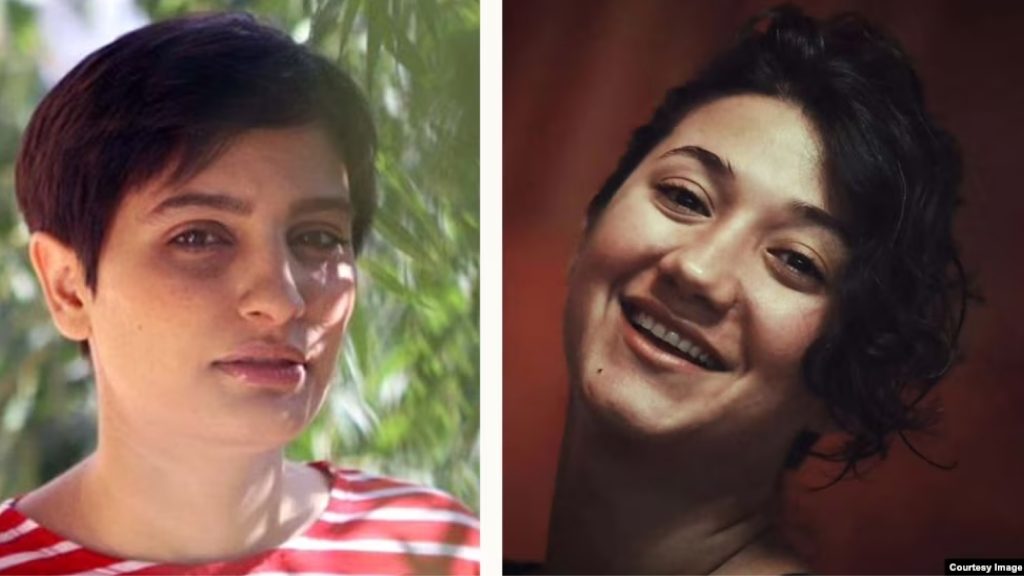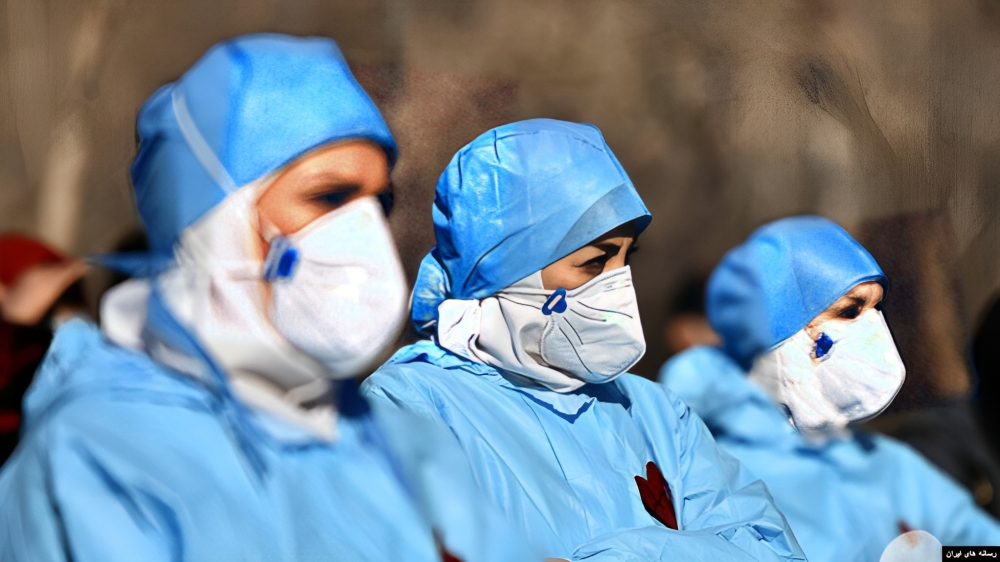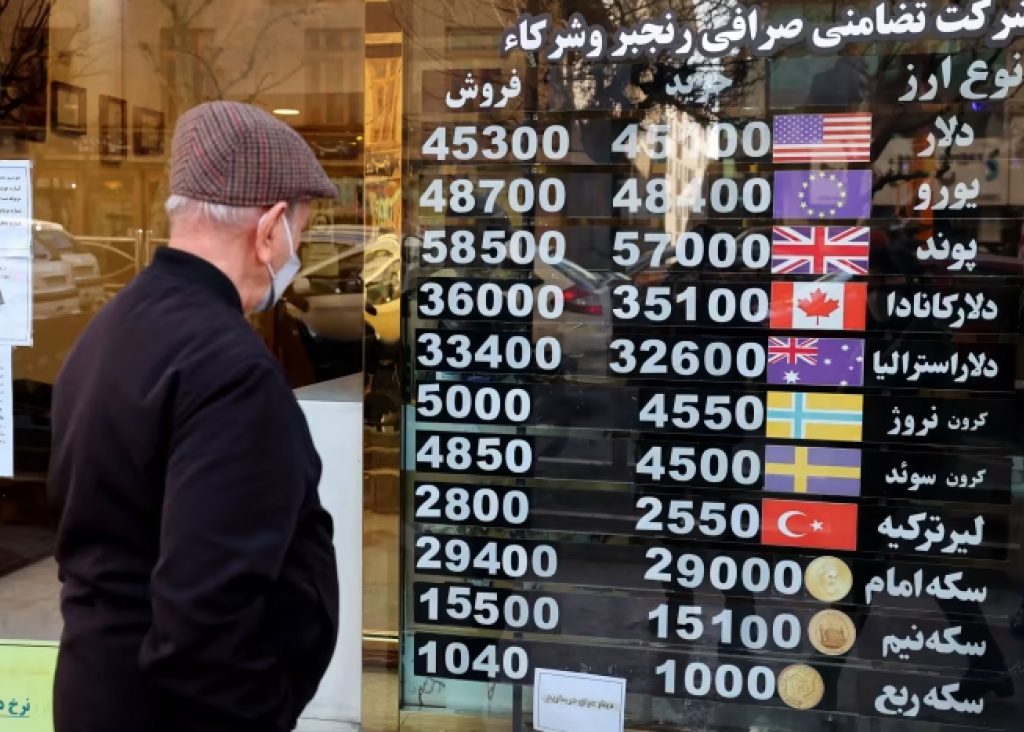
Unprecedented Islamic Unity
The editorial of Mardomsalari states that the Organization of Islamic Cooperation’s (OIC) emergency meeting held in Jeddah showed the exceptional unity among Islamic countries regarding the Palestinian cause.
The emergency meeting of the OIC Executive Committee regarding the conflict in Palestine was held in Jeddah last week in the presence of 14 foreign ministers and 43 senior diplomats from Islamic countries. Iran too attended this meeting.
Iranian Foreign Minister Hossein Amir-Abdollahian, upon entering Jeddah International Airport, strongly condemned the Israeli regime’s attacks against the people of Gaza and the massacre in Gaza’s hospital.
Tehran’s diplomatic delegation raised four demands: the severance of relations of Islamic countries with Israel, full sanctions against this country, sending an Islamic truth-finding delegation to Gaza, and holding a trial for war crimes committed by Israel. The Iranian foreign minister underscored the possible expansion of the war and tensions becoming uncontrollable.
Abdollahian, in addition to delivering a speech at the OIC summit, met with the foreign ministers of Saudi Arabia, Iraq, Indonesia, Mauritania, Tunis, Lebanon, Kuwait and Azerbaijan. He also met with the Turkish foreign minister separately.
The Jeddah Summit issued a final statement and took a resolute position against the Israeli regime which reflected the unified stance of Islamic countries against the attacks by the Israeli regime against civilians in Gaza.
Although the Arab Union’s stance in support of the people of Gaza was an apt measure, the Jeddah Summit was more decisive due to the participation of Iran and Turkey.
Islamic countries’ stance against any diplomatic support for the Israeli regime was a strategic move which was underscored by the foreign ministers. This stance was a clear criticism against the measures of the United States and Europe in their unconditional support for Israel.
Islamic countries expressed their unified support for Palestine as a sovereign nation. The atmosphere at the Jeddah Summit showed that the view of Islamic countries has been unprecedently unified against massacring civilians in Gaza and crimes committed by the Israeli regime, urging that the Israeli killing machine must be stopped.
The World Order and Iran
The editorial of Arman Melli explains that the lifting of the UN Security Council’s sanctions on arms deals with Iran will not result in other countries buying and selling arms to and from Iran because Tehran defies the world order backed by European countries.
Recently, the UN Security Council informed all countries regarding the lifting of a number of sanctions on Iran. In other words, Iran is no longer under sanctions legally, and different countries can trade with Iran for buying and selling military equipment and missiles.
Regardless of the fact that countries can trade with Iran without any international sanctions, the truth is that the idea of the world conducting trade with Iran is rooted in the dominant world order.
This order — which some countries claim to have created — paves the way within the international framework for different countries to establish relations and enjoy the benefits of such relations.
With regard to Iran and certain other countries, the issue is of course different. Iran does not consider this order as fair and just and holds that a different order must be created in international equations. Even former senior Iranian officials went so far as to say that a new world order must be established, claiming that Iran has specific plans for playing a leading international role.
Regardless of whether Iran’s vision can be realized or not, it seems that this view is not accepted by developed countries in the world and Iran has even faced challenges for holding such a view.
Now the UN Security Council has announced that Iran is no longer under sanctions for buying and selling arms, but this council cannot convince other countries to establish relations with Tehran and buy and sell weapons to and from Iran.
Months earlier, the EU declared its refusal to commit to this part of the nuclear deal (JCPOA) and will continue to uphold these sanctions against Iran. It seems that there is a certain view in Europe against Iran which might be rooted in both sides’ views of the world order and in so far as these issues are not resolved, no proper conditions can be created.
Of course, the power of diplomacy lies in making the impossible possible and Iran must use this power so it can take advantage of the lifting of the sanctions by the UN Security Council.
We Must Be After Resolving Issues With Europe
The editorial of Arman Melli asserts that Iran must resolve its issues with Europe so that it can benefit from the lifting of the US Security Council’s sanctions.
Recently, a part of the sanctions against Iran, in accordance with the nuclear deal, came to an end, and Iran has no restrictions on buying and selling arms, particularly ballistic missiles. The EU, nevertheless, announced that it will not lift its sanctions.
Apart from the legal impact of this EU decision, it seems that the Iranian diplomatic apparatus must move toward aligning Europe with Iran and the nuclear deal. Given the fact that currently Europe’s view of Iran is not favorable, it is necessary for Tehran to start negotiations with European officials to convince them to fulfill their commitments.
Challenging issues between Iran and Europe must be the center of the negotiations so that these issues are either resolved or assuaged. It is only then that Ebrahim Raisi’s government can head toward fulfilling its slogans about taking advantage of the opportunities in the nuclear deal.
Unlike what some think, challenges between Iran and Europe are not confined to the issues of drones; there are other issues as well. One of these issues is the war in Gaza. Europeans think that Iran can play a role in resolving this problem and Tehran can stop this crisis from spreading across the entire region. Furthermore, according to the European view, Iran can play a role in the security, energy and economic fields.
A series of comprehensive talks with Europe, therefore, must be on Iran’s agenda, because these talks have eased and even resolved crises and challenges in the past.
Because of incidents and challenges in recent years, negotiations have not come to fruition and differences have been intensified. So Iran needs to hold all-embracing talks with Europe to reduce the level of differences and challenges. Thus, both sides can have a more positive view toward each other and start cooperating with each other.
Scenarios After Biden’s Trip to Israel
The editorial of Arman Emrooz reviews US President Joe Biden’s recent trip to Israel, stating that the United States has given a greenlight to Tel Aviv to change the structure of the Middle East.
What has happened is a dangerous scenario in which the United States and Israel, with the help of some European countries, are trying to change the structure of the Middle East and erase the disgraceful stain of Israel. In fact, the United States has given the greenlight to Israel in this regard.
The attacks against the people of Gaza have escalated and it is possible that the United States has made plans for moving the people of Gaza out of the occupied lands and settling them in neighboring countries.
President Biden was supposed to hold a meeting with leaders of Arab countries in Jordan, but it seems that because of Israel’s attack on Gaza’s hospital, the meeting was cancelled. Conditions in the region are not good and the war will most likely continue, particularly given the fact that the Palestinians are defenseless against Israeli attacks.
The United States is trying to convert any crisis into an anti-crisis; just as they created changes in the region after the 9/11 attacks, today too they are trying to use Israel’s defeat as an excuse for destroying Gaza. That is why recently the Russian government offered a plan in the UN Security Council for stopping the conflict, but it was vetoed by the United States, the UK and France, which shows that these countries have given the greenlight to Israel to continue the bombing of Gaza.
Israel is trying to force the people of Gaza to emigrate to neighboring countries. Most media outlets, particularly in the United States and Europe, are funded by Zionists. In the United States, 5,000 media outlets are backed by Zionist lobbies which is why they have been after creating polarization and classifying the Palestinian cause as terrorism.
The public has fully realized that US and Western media are supportive of Israel. These countries’ view of human rights is hypocritical and the issue of human rights is used as a tool against countries that disagree with these policies.

Planning for the Launch of Iran-Saudi Arabia Trade

The head of Iran’s Trade Promotion Organization hosted Saudi Arabia’s ambassador to Tehran and discussed plans for launching Iran-Saudi Arabia trade.
According to ISNA, Mehdi Zeighami, head of the Trade Promotion Organization, held talks with Saudi Ambassador Abdullah bin Saud al-Anzi in Tehran in this regard.
The talks aimed at preparing plans for launching and expanding bilateral trade; both sides welcomed the idea of exchanging trade delegations and emphasized the necessity of actively participating in each other’s exhibitions.
Zeighami welcomed the Saudi ambassador and expressed hope for expanding bilateral trade relations while underscoring emphasizing trade in the field of technology.
He added that given Saudi Arabia’s futuristic plans and investments, trade in the field of technology can benefit both countries.
Zeighami also expressed interest in the participation of Iranian companies in Saudi Arabia’s exhibitions in the fields of health, food and petrochemicals, asking the Saudi ambassador to undertake the necessary preparations in this regard.
Saudi Ambassador Abdullah bin Saud al-Anzi welcomed this proposal, highlighting that the first step in this regard is organizing private sector exchange between the two countries.
Heavy Sentences Issued for Two Journalists for Reporting on the Death in Custody of Mahsa Amini

A year after journalists Elaheh Mohammadi and Niloofar Hamedi were arrested and imprisoned, the 15th branch of Tehran’s Revolutionary Court announced their initial sentences.
Hamedi had covered the news on the conditions of Mahsa Amini after her arrest and transfer to hospital in September 2022. Mohammadi had reported on Amini’s burial ceremony in the city of Saqez.
Mohammadi, who works for Hammihan daily, has been sentenced to six years of imprisonment on the charge of “collaboration with the hostile US government,” five years of imprisonment for “assembly and collusion to commit crimes against national security” and one year of imprisonment for “propaganda against the establishment.”
Shargh daily journalist Hamedi has been sentenced to seven years in jail for “collaboration with the hostile US government,” five years in jail on the charge of “assembly and collusion to commit crimes against national security” and one year in jail on the charge of “propaganda against the establishment.”
Mohammadi and Hamedi both denied the charges while underscoring that they were the voice of the people in their journalism and are proud of it.
According to Mizan News Agency, both journalists are also facing “complementary punishment,” including “being barred from membership in political parties and groups as well as activities on social media, press and other media for two years due to their anti-security measures.”
The sentences can be appealed in 20 days. If the Appeal Court confirms the initial sentences, six of 12 years of Mohammadi’s sentence and seven of 13 years of Hamedi’s sentence will be enforceable.
Mizan News Agency, repeating the judiciary’s claims against the two journalists, noted there were “irrefutable documents regarding [the journalists’] relations with some institutions and individuals connected to the US government which was done knowingly and with counter-security objectives.”
Meanwhile, Mohammadi’s husband condemned the sentences, saying “my wife is sentenced to 12 years and Niloofar Hamedi to 13 years in prison; that is 25 years in total for being honorable; shame on you, oppressors!”
Emergency in Iranian Hospitals; Shortage of 70,000 Nurses
Roughly, 1,200 to 1,500 nurses annually emigrate from Iran. Of course, this statistic presented by Mohammad Mirzabeigi, head of the Iran Nursing Organization, only points to those nurses who apply for “good standing” from this organization. Otherwise, the number of nurses and nursing graduates who leave Iran without officially applying for this standing is much higher.
Nurses emigrate to different destinations: from the United States and Europe to the Gulf states. But what they all share is the fact that they would rather go than stay.
While the emigration of nurses from Iran is on the rise, Iranian hospitals and treatment centers are facing a shortage of 70,000 nurses. On the other hand, nurse activists allege that there are 20,000 to 30,000 unemployed nurses. The Iranian government, however, refrains from hiring them despite the severe shortage of nurses.
Earlier, a nurse activist had told Mehr News Agency that instead of hiring new nurses and paying them the minimum salary of 12 million tomans per month, the Health Ministry spends half of this amount and forces the current nurses to work extra shifts for which they receive hourly wages.
Donya-e-eghtesad daily, too, in its latest report called “Emergency in Hospitals” has addressed two issues of the emigration of nurses and the workforce shortage in hospitals, stating that nurse activists have described patients’ conditions in hospitals as “critical.”
Nurse activists hold that low salaries, work overload and compulsory extra working hours are the main reasons for the emigration of nurses. Earlier, a health official stated that while a nurse in other countries is paid between $4,000 to $8,000 per month, a nurse’s salary in Iran is 12 million tomans — roughly about $300 per month.
Due to the Health Ministry’s failure to address the workforce shortage in hospitals, it is reported that in some hospitals, the ratio of nurses to patients is 1 to 35.
The Taliban Has Not Given Any Share of Iran’s Water Right From the Helmand River Yet

One month after the beginning of the new water year, Iranian media and officials have stated that the crisis of Iran’s water right from the Helmand River located in the Afghanistan mountains still continues.
According to Iran’s Water Sector Spokesperson Firooz Ghassemzadeh, Iran has not received its water share from the Helmand River, alleging that currently measures have been put in place in Sistan and Balochistan Province to prevent water shortages.
Nevertheless, he did not shed any light on the Raisi government’s plan for reclaiming Iran’s rightful share of water resources from the Helmand River.
For years, Iranian government officials and Afghanistan’s government have disagreed over Iran’s water right from the Helmand River. But with the Taliban taking office, these disagreements have escalated and in recent months there have been altercations between these countries’ officials over this issue.
Many activists and media platforms have criticized the Iranian government’s failure in this regard.
While Sistan and Balochistan Province’s parliamentary representatives have warned about the water crisis facing this province, Iran’s lack of access to the Helmand River’s water resources has aggravated the situation in this province.
Iran’s water sector spokesperson has stated that for resolving this crisis, the government has turned to utilizing underground water resources.
But it seems that the government’s projects in this regard are not that helpful which has instigated even pro-government media outlets to voice criticism in this regard.
Earlier, Heshmatollah Falahatpisheh, former head of the Parliament’s National Security and Foreign Policy Commission, accused Iran’s foreign policymakers of being “scared” of the Taliban, adding that Iran’s water right from the Helmand River is denied for “planting poppies” by the Taliban.
The Iranian government, which is under the severest international sanctions for violation of human rights, military and nuclear issues, sees the Taliban government as a trade partner.
According to statistics from Iran’s Ministry of Industry, Mining and Trade, Afghanistan was the biggest investor in Iran in the first half of last year.
What Are the Main Economic Concerns of People in Tehran?

The results of the latest poll regarding the “economic concerns of Tehrani citizens” reveal that the incomes of the majority of Tehrani families are currently spent on housing and rent. Low incomes and high prices are other urgent problems for people living in the capital city of Tehran.
In this poll in which 384 individuals living in Tehran participated, 25.5% of the participants, who can be considered as representatives of Iran’s capital, have said that their main economic concern and preoccupation is affordable housing.
The average share of housing expenses in the livelihood basket of Tehrani households has reached more than 50%, with those living in the capital paying about 15 million tomans per month in rent.
Moreover, more than 50% of the poll’s participants stated that their monthly salaries and wages are less than 16 million tomans per month.
The desirable level of housing expenses must be at most 30% of each household’s income in accordance with international standards, which means that a salaried individual must maximally pay 30% of his or her income for rent.
According to this poll, after housing, wages and salaries and general inflation — respectively 15.2% and 13.4% — are the next main concerns for people living in Tehran.
In the last five years, prices in Tehran’s housing market have soared, and a considerable number of young couples have not been able to buy homes and most of them have turned to renting their places of living.
